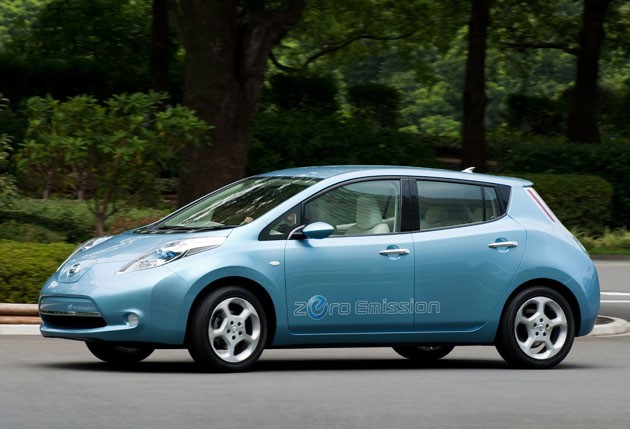I wish to educate the dreamers, that electric vehicles (EVs from now on) can replace combustion engine cars for mass transportation in the future. Just to make sure, we are NOT talking about hybrids, but fully battery powered cars.
EVs have limited usage, mostly because of range and difficulty to charge. Their range hasn't really improved in 100 years! Oh yes, there is the price issue too, they are not cheap!!
Sure, they can be used for small range city dwelling, but if green people are dreaming that in the future millions will be buzzing around in EVs, well, they have a rude awakenings coming.
Not to mention that battery power will not drive heavy trucks or machinery. I will also mention that since the electricity does come from coal burning power stations, the enviromental footprint is also very high for EVs, so there is no overall saving for Mother Earth.
One can dream that one drives into an eelectric charging station and charges in 5 minutes, then be able to drive 300+ miles, but it is just not happening...
Maybe we should go to Mars instead... Don't get me wrong, I would love to speed down the highway by 100 MPH quietly in my cool electric car, but I also live in reality, and a reality check is long time due for dreamers....
Any takers????
EVs have limited usage, mostly because of range and difficulty to charge. Their range hasn't really improved in 100 years! Oh yes, there is the price issue too, they are not cheap!!
Sure, they can be used for small range city dwelling, but if green people are dreaming that in the future millions will be buzzing around in EVs, well, they have a rude awakenings coming.
Not to mention that battery power will not drive heavy trucks or machinery. I will also mention that since the electricity does come from coal burning power stations, the enviromental footprint is also very high for EVs, so there is no overall saving for Mother Earth.
One can dream that one drives into an eelectric charging station and charges in 5 minutes, then be able to drive 300+ miles, but it is just not happening...
Maybe we should go to Mars instead... Don't get me wrong, I would love to speed down the highway by 100 MPH quietly in my cool electric car, but I also live in reality, and a reality check is long time due for dreamers....
Any takers????



